The Lavin Agency Speakers Bureau
A speakers bureau that represents the best original thinkers,
writers, and doers for speaking engagements.
A speakers bureau that represents the best original thinkers,
writers, and doers for speaking engagements.
Honor and shame can be used to change the world for the better.
When it comes to the most pressing social issues of the day, Kwame Anthony Appiah is a touchstone of reason and inclusivity. Asking—and answering—probing questions on morality, ethnicity, and religion as “The Ethicist” for The New York Times Magazine, Kwame is a fearless, lucid arbiter. He demonstrated this in his BBC Reith Lectures on the modern complexities of Creed, Culture, Color, and Country, and in his book, The Lies That Bind, named one of the 50 Notable Works of the Year by The Washington Post.
“Appiah lays out a concept that is not only compelling in its own right but also suggests a connection that may in time help to collate biological and cultural exploration of human morality.”— Edward O. Wilson
Exciting and erudite, Kwame Anthony Appiah challenges us to look beyond the boundaries—real and imagined—that divide us, and to celebrate our common humanity. Named one of Foreign Policy’s Top 100 public intellectuals, one of the Carnegie Corporation’s “Great Immigrants,” and awarded a National Humanities Medal by The White House, Kwame currently teaches at NYU, though he’s previously taught at Princeton, Harvard, Yale, Cornell, Duke, and the University of Ghana. He considers readers’ ethical quandaries in a weekly column as “The Ethicist” for The New York Times Magazine. He was awarded the Kluge Prize for Achievement in the Study of Humanity by the Library of Congress.
Kwame’s book Cosmopolitanism is a manifesto for a world where identity has become a weapon and where difference has become a cause of pain and suffering. Cosmopolitanism won the Arthur Ross Book Award, the most significant prize given to a book on international affairs. In The Honor Code: How Moral Revolutions Happen, Kwame lays out how honor propelled moral revolutions in the past—and could do so in the future. Walter Isaacson (Steve Jobs) calls it “an indispensable book for both moral philosophers and honorable citizens.” Among his most recent books are As If: Idealization and Ideals, an exploration of the way ideals facilitate human progress; Mistaken Identities, further explores subjects of his popular BBC series; and The Lies That Bind, an incandescent exploration of the nature and history of the identities that define us.
From 2009 to 2012, Kwame served as President of the PEN American Center, the world’s oldest human rights organization. In 2015, he was named to the Top Global Thought Leaders Index. Harvard published a book in 2017 based on his lectures to the American Philosophical Association.
Kwame was born in London to a Black father and a white mother. He was raised in Ghana, and educated in England, at Cambridge University, where he received a Ph.D. in philosophy. As a scholar of African and African-American studies, he established himself as an intellectual with a broad reach. His book In My Father’s House and his collaborations with Henry Louis Gates, Jr.—including The Dictionary of Global Culture and Africana—are major works of African struggles for self-determination. In 2009, he was featured in Astra Taylor’s documentary Examined Life, alongside Martha Nussbaum, Slavoj Zizek, and other leading contemporary philosophers.
Prof. Appiah was wonderful to work with. He went with the flow, agreed to a last minute media interview, etc. He was calm and was interested in engaging with those he met. Couldn’t ask for anything more.
University of Alberta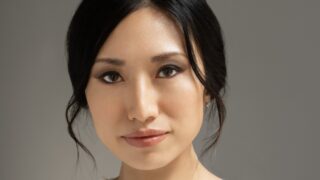
Author, Private Equity
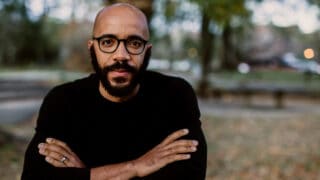
#1 New York Times Bestselling Author of How the Word Is Passed and Above Ground The Atlantic Staff Writer
Pulitzer Prize-Winning author of Stay True New Yorker staff writer CBS Sunday Morning contributor
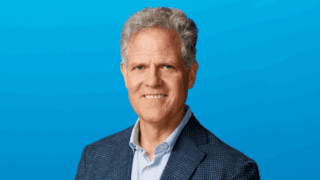
One of America's Foremost Experts on the Declaration of Independence Award-Winning Author, Disunion Among Ourselves

Harvard Economist MacArthur Genius Studying Economic Opportunity Director of Opportunity Insights

Historian New York Times Bestselling Author of Humankind: A Hopeful History, Utopia for Realists, and Moral Ambition
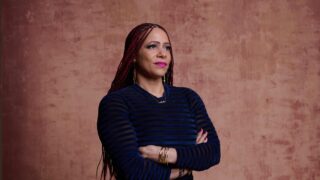
Speaker on Democracy, Civil Rights, and American History Pulitzer Prize-Winning Creator of The 1619 Project Executive Producer of the Emmy Award-Winning 1619 Project Hulu Docuseries MacArthur Genius
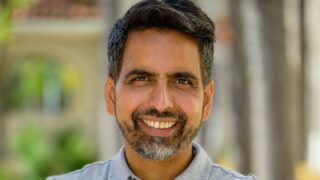
Founder and Chief Executive Officer of Khan Academy Vision Steward at TED
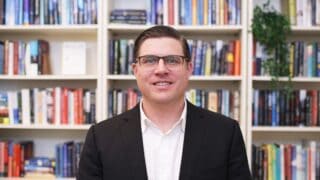
Author of 10 to 25: The Science of Motivating Young People Professor of Psychology at The University of Texas, Austin

Author of Grit, the #1 New York Times Bestseller | Pioneering Researcher on Grit, Perseverance, and the Science of Success

2024 Nobel Prize Winner | 3rd Most Cited Economist in the World | Bestselling Co-Author of Why Nations Fail and Power and Progress

Harvard Business School Behavioral Science Professor | "40 Under 40 MBA Professor" | Author of TALK: The Science of Conversation and the Art of Being Ourselves

#1 New York Times Bestselling Co-Author of Abundance | Host of thePlain English Podcast | Founder of the Substack Derek Thompson

#1 New York Times Bestselling Author of How the Word Is Passed and Above Ground | The Atlantic Staff Writer
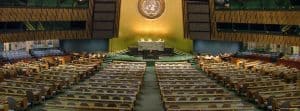
Philosophers spend lots of time thinking about what is right and wrong, and some time thinking about how to get people to see what is right and wrong—but almost no time thinking about how to get them to do what they know is right and to stop doing what is wrong. Kwame Anthony Appiah has spent the last decade thinking about what it takes to turn moral understanding into moral behavior. In this talk, he explores one of the keys to real moral revolution: mobilizing the social power of honor and shame to change the world for the better.

How is it possible to consider the world a moral community when there is so much disagreement about the nature of morality? In this talk, based on his award-winning book Cosmopolitanism, Anthony Appiah presents answers that are grounded in a new ethics which celebrates our common humanity, while at the same time offering a practical way to manage our differences. He offers a new approach to living a moral life in the modern age, where the competing claims of a “Clash of Civilizations” on one hand, and a groundless moral relativism on the other, can make such a project seem impossible. With wit, reason, and humanity, Kwame explores some of the central ethical questions of our time.